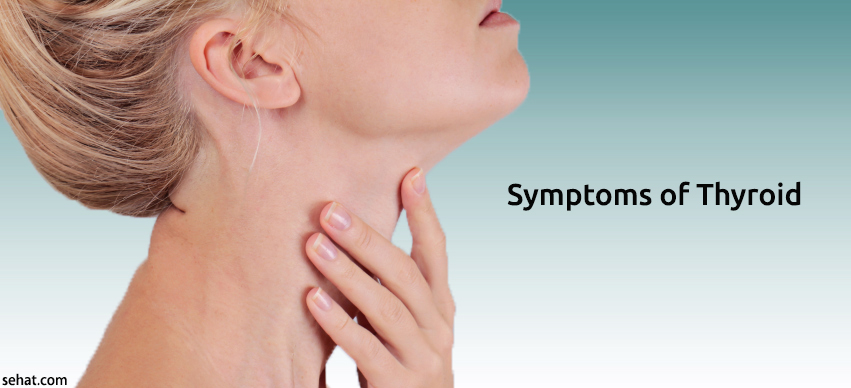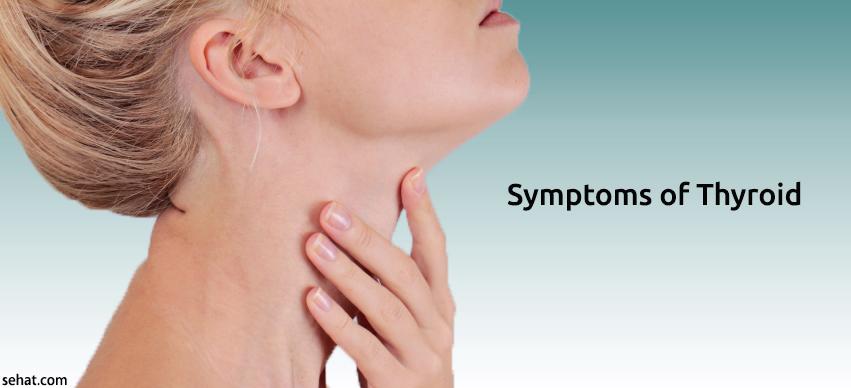Evolution of Prescription Refills: From In-Person to Online ..
6 Min Read


Have you ever wondered as to where all the energy that enables you to perform various functions of life comes from?
Occupying the front portion of the neck is an endocrine gland shaped like a butterfly and it is this organ that regulates all vital body functions by producing hormones. Known as the thyroid gland, much of our body’s metabolic efficiency is determined by the production of hormones thyroxin as also tri-iodothyronine. Such is the level of dependence that even the slightest fluctuation is sufficient to throw the entire system out of gear and the result is a thyroid problem manifested through various symptoms.
A thyroid condition could be hypo or hyper - the former is a result of underproduction of hormones and the latter is an outcome of over-production. Owing to this difference the symptoms of both are contradictory in nature and hence the treatment schedule as also the medication varies. Presence of thyroid symptoms could also be attributed to auto-immune diseases like Hashimoto and Graves. Other conditions include enlargement of the gland clinically known as goiter or existence of nodules.
When the thyroid gland is unable to produce hormones in sufficient quantity, the first aspect that takes a hit is the body’s metabolism. Explained as hypothyroidism, the most obvious symptom of this condition is fatigue that persists in spite of sufficient hours of sleep. Because of this, the victim might experience a sudden gain in weight and suffers from slow reflexes and sluggish thought process that accompany physical lethargy.
Constipation, loss of hair and joint pain are some of the other indications of a thyroid problem. Women are more prone to hypothyroidism than men and thus have a tendency to slip into a depression or suffer severe cramps and pains during their menstrual cycle.
Since its cause is an opposite of hypothyroidism, signs and symptoms of this condition are completely contradictory, meaning panic attacks rather than depression and rapid weight loss without making any special efforts. Insomnia is commonly observed in such people as is blurring of vision that happens when the area behind the eye begins to bulge.
Hyperthyroidism can also be suspected if the person suffers from muscular weakness in shoulders and thighs, cardiovascular pain and frequent breathlessness. Suppose a woman realizes that her menstruation has come to a complete halt, the culprit could be an over-active thyroid gland.
While Hashimoto’s disease is similar to hypothyroidism, parallel of Grave’s disease can be drawn with hyperthyroidism. Therefore, the onus is on the victim as also the medical specialist to research the condition thoroughly before drawing any conclusion.
If you observe a large swelling around the middle portion of neck and have been coughing incessantly off late then the reason underlying it could be an enlarged thyroid gland. Referred to as goiter it is characterized by a tight feeling in the neck which hinders with basic functions like swallowing or breathing.
In comparison, nodules are a little difficult to detect because at times they may not display any symptoms while on other occasions the signs could duplicate symptoms of all the other thyroid conditions.